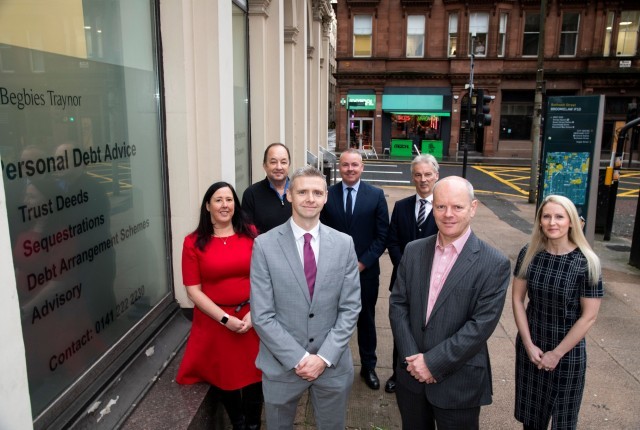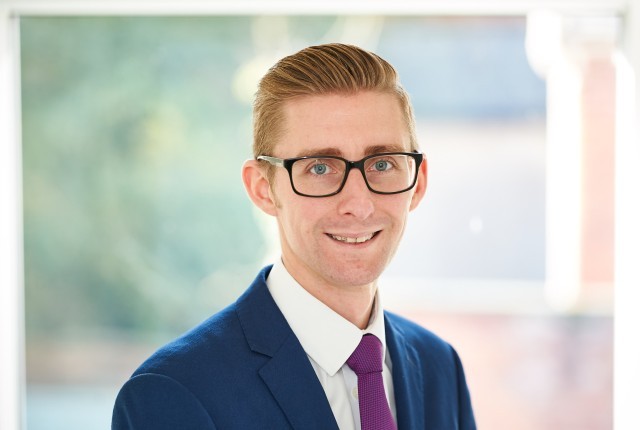News Hub
Here you’ll find Begbies Traynor Group news and commentary
Latest News

15/07/2025
Read MoreBegbies Traynor Group launches Digital Asset Investigation Unit

11/07/2025
Read MoreJobs and residents’ home saved as Ty Mawr Nursing Home bought out of administration

24/06/2025
Read MoreINSOL BVI Seminar 2025 Co-Chaired by Begbies Traynor Group Partner Brian Simpson

27/05/2025
Read MoreBegbies Traynor Group advises FastStream Interactive Limited (“FSI”) on MBO of ROXi
Acquisitions
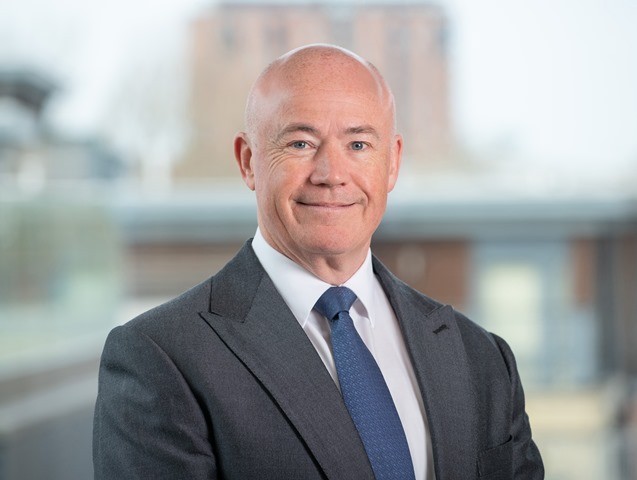
10/01/2022
Read MoreBegbies Traynor Group complete the acquisition of Daniells Harrison Surveyors LLP
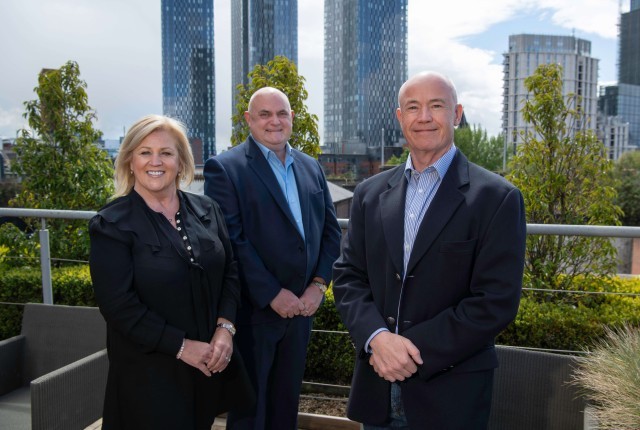
10/05/2021
Read MoreBegbies Traynor Group Seals Finance Broker Deal

17/03/2021
Read MoreBegbies Traynor Group completes acquisition of David Rubin & Partners

18/01/2021
Read MoreBegbies Traynor Group plc (the "group"), today announces that it has completed the acquisition of CVR Global LLP (“CVR”).
Business Health Statistics

25/01/2023
Read MoreDistress rates ring alarm for Lancashire firms

25/01/2023
Read MoreDistress rates ring alarm for North-West firms

25/01/2023
Read MoreDistress rates ring alarm for firms in the Liverpool City Region

24/01/2023
Read MoreRed Flag Alert Report - Q4 - Toxic Combination of Risks Afflict UK Businesses as Concern Over a Surge in Insolvencies Grows
Career News

21/07/2022
Read MoreBegbies Traynor in Staffordshire appoints new insolvency specialist
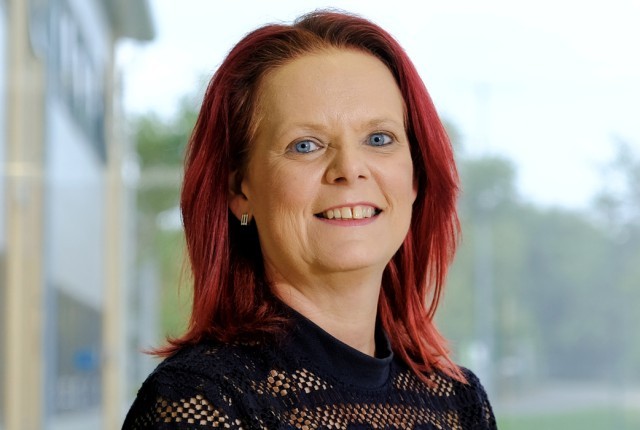
11/03/2022
Read MoreMichaela Daly takes the reins at Begbies Traynor In Staffordshire

02/12/2021
Read MoreBegbies Traynor Group’s advisory team strengthened with appointment of Humber-based bank lending expert
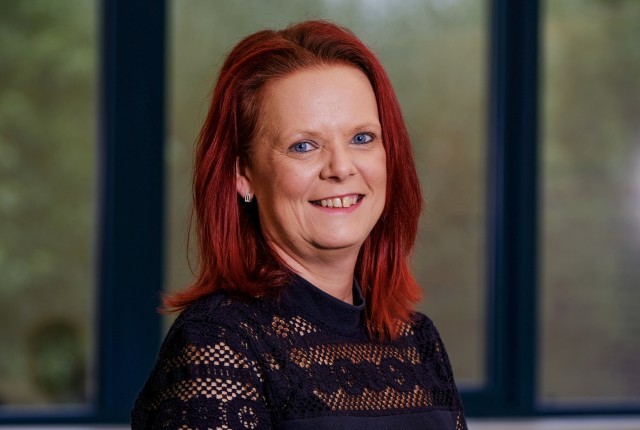
15/09/2021
Read MoreMichaela Daly steps up at Begbies Traynor in Staffordshire
Commentary

24/02/2022
Read More‘Red’ diesel rebate to be scrapped for construction sector from April

04/02/2021
Read MoreWhat does Brexit mean for manufacturing in the Midlands?
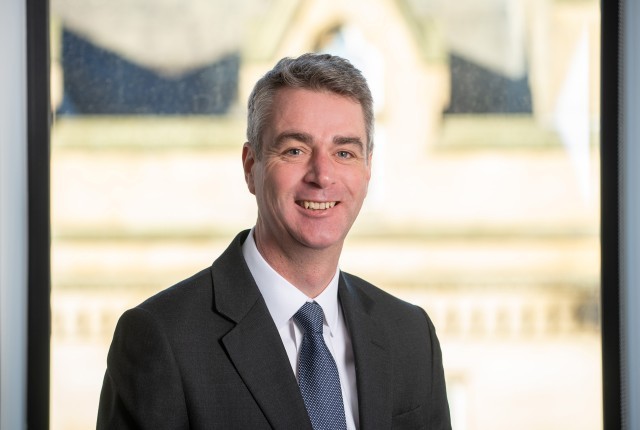
06/07/2020
Read MoreHigher Education: Regaining Stability

29/06/2020
Read MoreIR35 reforms delayed until April 2021 but MVLs still on the agenda
Firm News
Press Releases

01/02/2023
Read MoreJobs saved as haulage business bought out of administration
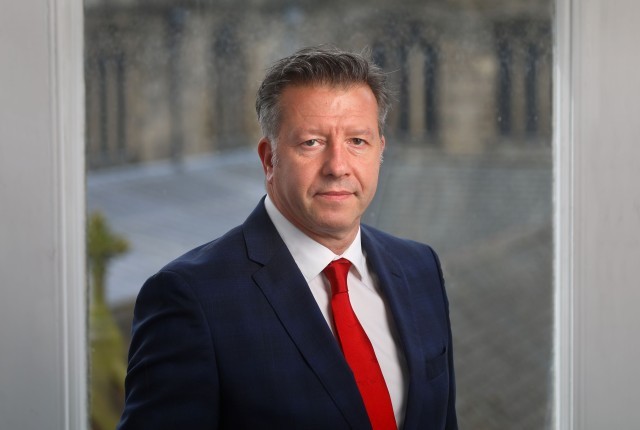
10/02/2023
Read MoreBuyer sought for Traidcraft as UK fair trade pioneer is placed into administration

25/01/2023
Read MoreCashless payments systems business bought out of administration
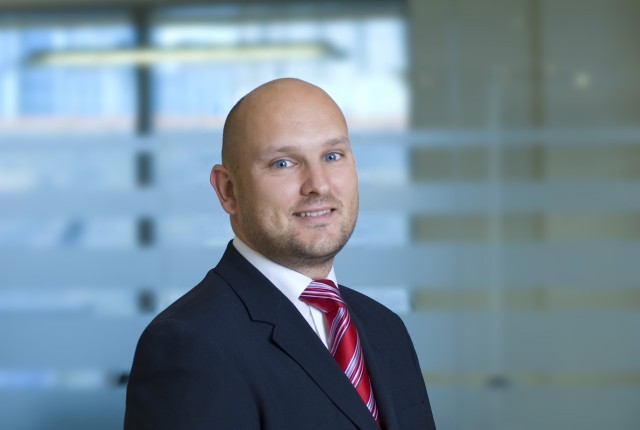
12/01/2023
Read MoreLiverpool Community Advice enters into voluntary liquidation


